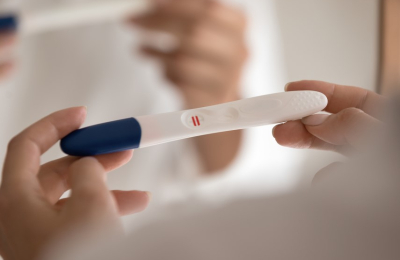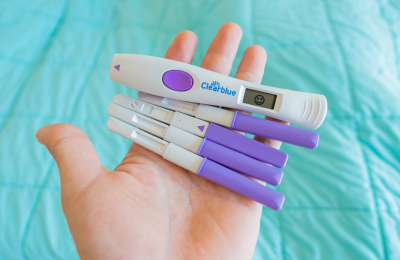
An online dashboard featuring data on fertility treatment outcomes in the UK, broken down by region, has been launched by the Human Fertilisation Embryology Authority (HFEA).
The dashboard, launched 30 January 2024, provides data from the HFEA's Register collected since 1991. This first-of-its-kind tool allows users to access data from 665,690 assisted reproduction patients who have had 1.8 million IVF and donor insemination cycles. The data can be customised by breaking it down by patient age, ethnicity, partner type, and location; for example to look at outcomes such as pregnancy, birth and multiple birth rates. Data can also be broken down according to whether it was privately or NHS-funded, as well as specific types of treatment such as donor and egg freezing/thawing cycles.
As the fertility sector has progressed over the past 30 years, so too has the opportunity to improve how we present and share data. Our new data dashboards mark the next step in even greater information transparency,' said Peter Thompson, chief executive of the HFEA.
NHS and private HFEA-licenced fertility clinics in the UK have been required by law to provide the HFEA with fertility treatment and outcomes data since its inception in 1991. The HFEA publishes reports on safety and trends in the fertility sector and patient demographic annually (see BioNews 1207, 1195 and 1220), but this is the first time that data held in the HFEA Register have been made available to the public and researchers in this way.
With more than 70,000 cycles of fertility treatment taking place in the UK each year, this extensive dataset represents a significant resource, said Thompson. 'For researchers, finding out vital data about fertility treatment in the UK previously meant submitting enquiries one by one. The launch of the dashboard will ensure our wealth of data can be used to gain further insight which could, in turn, improve outcomes for all.'
The data set was the largest in the world on fertility treatment outcomes said Professor Adam Balen, reproductive medicine consultant at Leeds Teaching Hospitals NHS Trust. He told the Guardian: 'The new dashboard enables researchers to access data for study and patients to access information to better inform them on their fertility journey and thereby demystify some of the complexities behind the statistics of treatment outcomes.'
Stuart Lavery, reproductive medicine consultant at University College London Hospitals NHS Foundation Trust, said it was still important for patients to seek individualised advice, telling the Guardian: 'Although I would recommend my patients to use this, I would also advise that the best way to understand your own personal situation and chances of success would be through an individualised consultation with your fertility doctor.'
The HFEA plans to add information on donor insemination birth rates to the dashboard when it publishes its annual fertility trends report in the summer.
Source BioNews 1225








































































